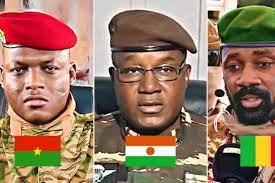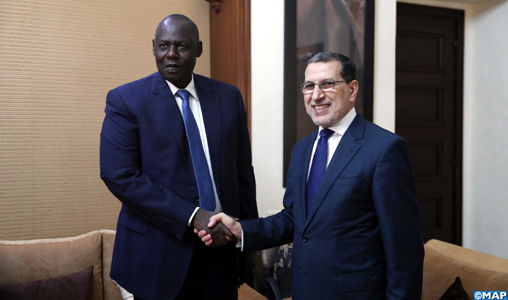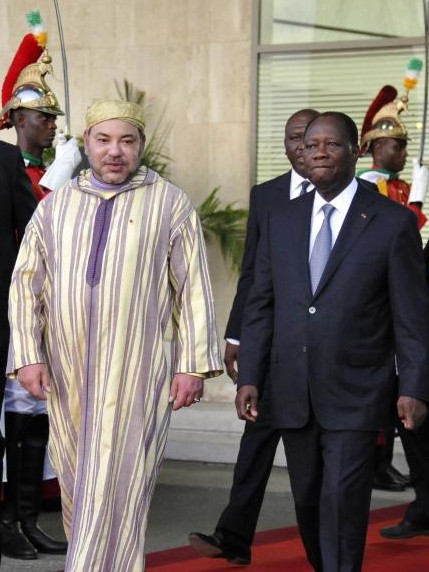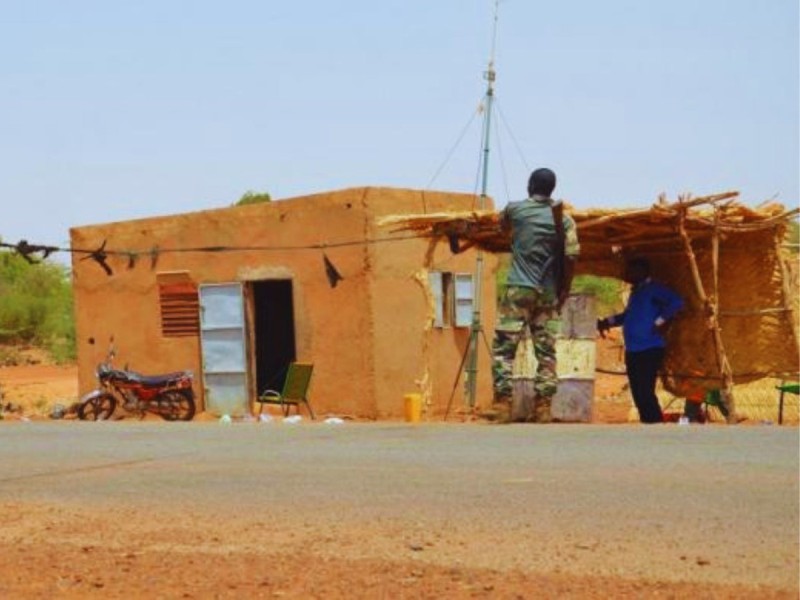Religious leaders and especially Salafists in the three coup-hit West African countries have reportedly emerged as the unexpected allies of the new military authorities.
The largely popular regimes in Niger, Burkina Faso, and Mali — West African countries, which have also undergone military coups since 2020 — enjoy the support of the religious leaders that is “better structured” and “more vocal” than other support tends to be, according to Ibrahim Yahaya Ibrahim from the International Crisis Group (ICG).
As Voice of America has reported, for example, the rise to power of Captain Ibrahim Traore, Burkina Faso’s first Muslim head of state in 42 years, gave a boost in the country to the followers of a purist form of Islam called Wahhabism, which is prevalent in Saudi Arabia. In a country where around 60% of the population is Muslim, this movement has gained a following “around the idea that Christians have monopolized the political running of the country since independence,” Yahaya Ibrahim said.
Meanwhile, in Mali, an influential imam, Mahmoud Dicko, may well be one of the ruling junta’s most vociferous critics, but he has still expressed his support for junta chief Colonel Assimi Goita, thus bolstering the Salafists’ political role. They attempt “to influence the course of the transition (back to civilian rule) by giving more space to Muslims,” Yahaya Ibrahim explains. Underlying this is a wave of anti-French sentiment in various countries in the region, along with calls for closer ties with Russia. This anti-Western rhetoric is nothing new, according to French-Nigerien anthropologist Jean-Pierre Olivier de Sardan, who explains that this has been driven over the last two decades by “the failure of Western development policies and the corruption of the elites.”



